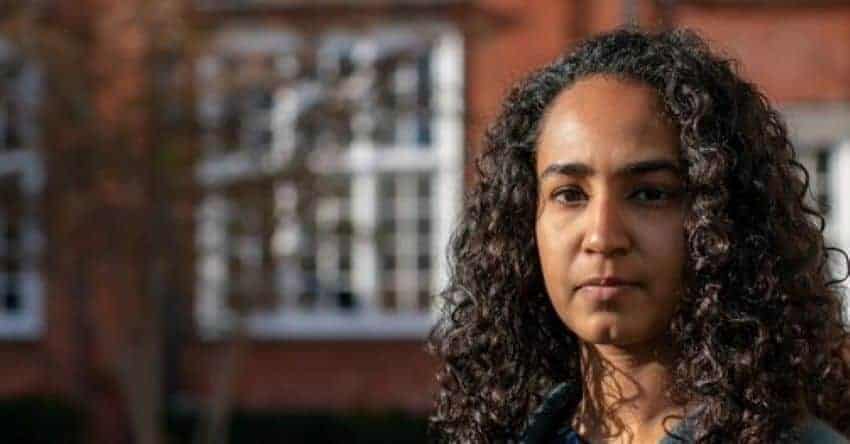London: The UK Home Office has refused to allow Dr Asiya Islam’s application for Indefinite Leave to Remain (ILR) and asked her to return back to India.
The authorities refused her application on the grounds that she had spent too much time in India, out of Britain for longer than the stipulated period of such application.
Hundreds of academics, students and activists have now signed an open letter urging the authorities at the UK Home Office to reconsider its decision to deny University of Cambridge scholar Dr Asiya permanent residency in the UK, HT reports.
Did Dr Asiya Islam spent too much than the stipulated period?
No, the 31-year-old academic in her defense said that she had supplied supporting documents to explain the absence, which was due to time spent in New Delhi for her PhD on ‘Gender, Class, and Labour in the New Economy of Urban India’.
“Yes, that’s right – the Home Office refused my application because I was away doing academic work for a UK university. The mind boggles,” said Asiya Islam.
She took to Twitter and wrote: “I provided several letters to present the case that fieldwork is a crucial aspect of my work and should not count towards my days out of the country. But nope, apparently I failed to provide any exceptional reasons in support of your out of time application.”
Dr Asiya has been based in the UK for over a decade now and was also awarded a three-year Junior Research Fellowship after completing her PhD from Newnham College at the University of Cambridge this year.
“Dr Asiya Islam is a highly valued member of the research community at Newnham College and the University of Cambridge. Dr Islam has an impressive academic record: she was a Gates Scholar at the University of Cambridge, was awarded the best degree performance award at the London School of Economics, and received the Dr Zakir Hussain medal for academic excellence from Aligarh Muslim University,” said a spokesperson for Newnham College.
The Home Office rejection her application responded with saying that it would not be “unreasonable” to expect her to “re-integrate back into life and society in India” as she has only been in the UK for a “short period”.
“In addition, it is considered that you would be able to re-establish a private life and form new friendships, or resume friendships with former acquaintances, upon your return,” the letter adds.
This response has caused outrage in the academic community with many retaliating to an open letter, doing the rounds on social media. By now, the open letter has been signed by over 900 academics and students which describes Islam as an “outstanding young academic with a promising career in the UK”.
“Her case is distressing, but it also sends a foreboding signal that despite policy changes to protect Tier 2 researchers, UK universities will continue to lose the talented PhD researchers that they have invested years in training,” notes the open letter.
“Her qualitative research on the ground in New Delhi is the key element of her PhD’s contribution to knowledge. Her research is an asset to the UK and its academic community, yet her very success in academic fieldwork is now being held against her,” it notes.
Islam plans to appeal against the Home Office decision, which she believes flies in the face of the UK government’s “Global Britain” message.

